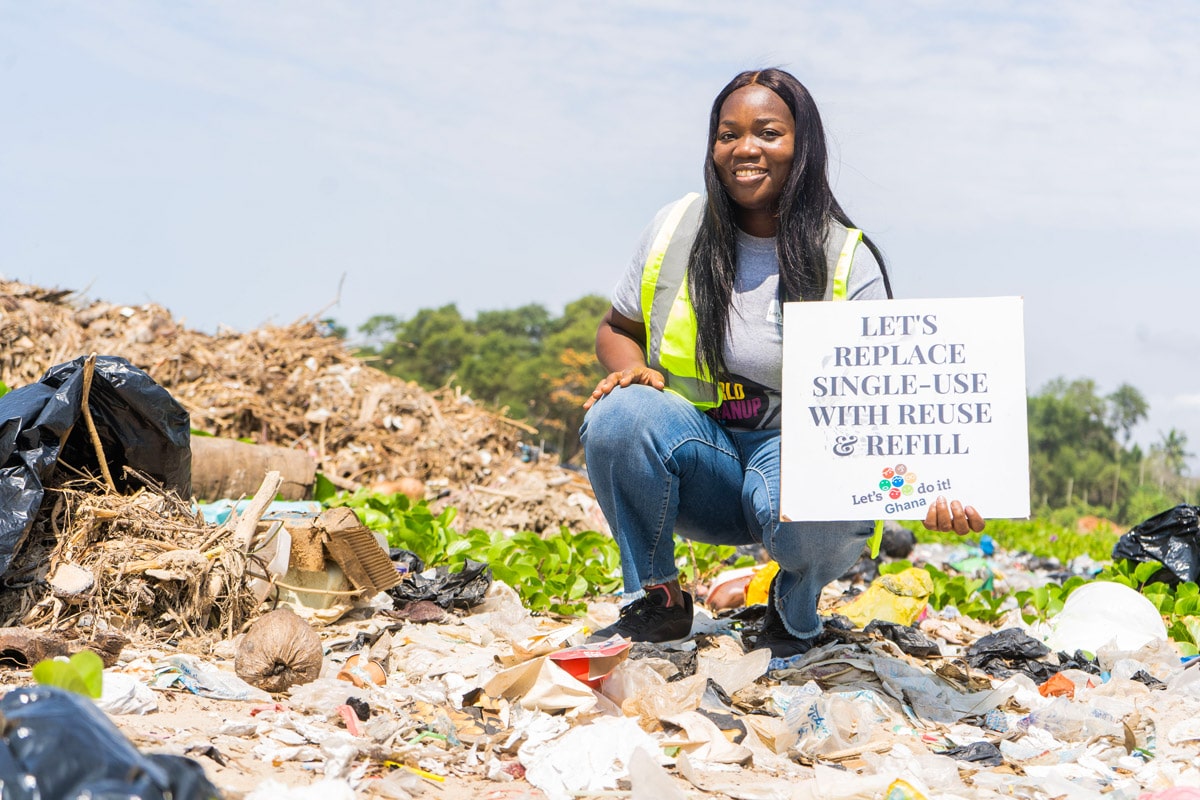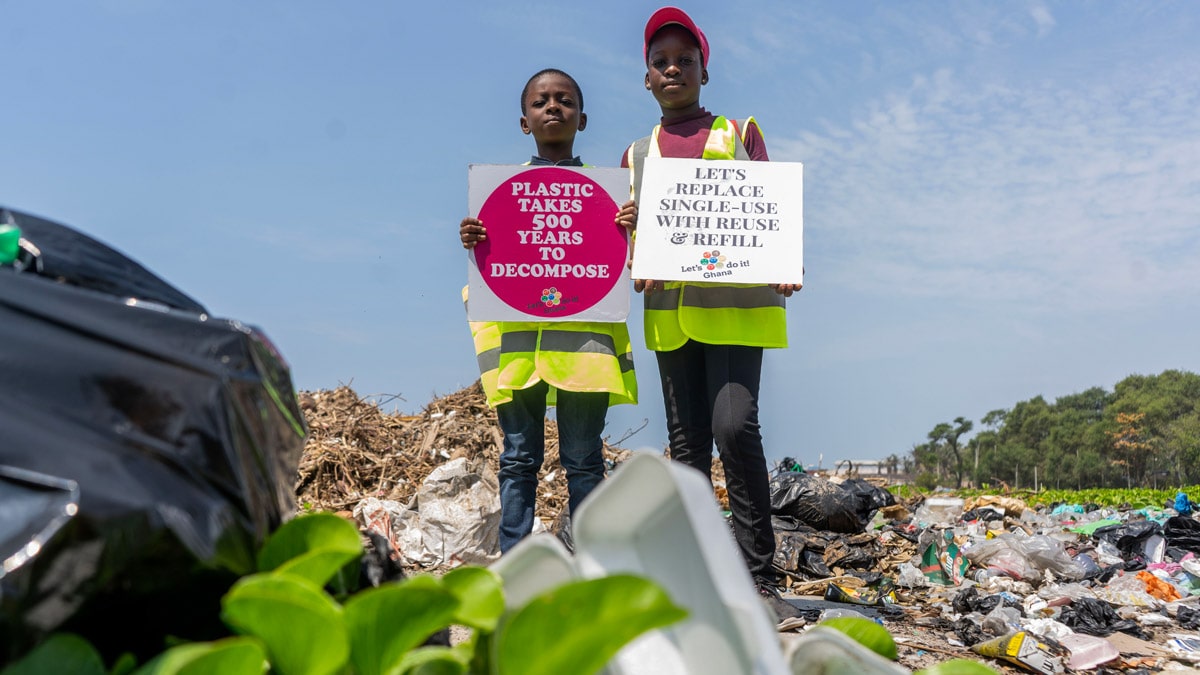- Connection to Fossil Fuels: Over 99% of plastic is made from fossil fuel chemicals, contributing to greenhouse gas emissions and non-renewable resource dependence.
(Source: Center for International Environmental Law - "Plastic & Climate: The Hidden Costs of a Plastic Planet" - 2019) - Impact on Climate Change: Plastic production, transportation, and incineration release greenhouse gases, while plastic waste disrupts marine ecosystems and worsens climate change.
(Source: United Nations Environment Programme - "Single-use Plastics: A Roadmap for Sustainability" - 2018) - Recycling is Not Enough: Only a small fraction of global plastic is effectively recycled, and many types are difficult to recycle due to composition and contamination.
(Source: National Geographic - "Plastic Planet" - 2019) - Oceans in Peril: If current trends persist, plastic in our oceans will outweigh fish by 2050, further endangering marine biodiversity.
(Source: Ellen MacArthur Foundation - "The New Plastics Economy: Rethinking the Future of Plastics" - 2016) - Plastic is Everywhere: Microplastics contaminate various ecosystems, threatening wildlife and human health for hundreds of years.
(Source: National Geographic - "Microplastics Explained" - 2019) (Source: "Production, Use, and Fate of All Plastics Ever Made" - 2017) - Plastic is Toxic: Plastic materials contain harmful additives, leaching toxic chemicals that can disrupt endocrine functions and cause health issues.
(Source: Science Advances - "Plastic Waste Inputs from Land into the Ocean" - 2015) - Plastic Pollution Impacts Human Health: Humans are exposed to plastic particles through ingestion, inhalation, and contact, leading to health problems, including cancer and developmental issues.
(Source: Environmental Science & Technology - "Microplastics in Seafood and the Implications for Human Health" - 2018) - Social Injustice: Plastic pollution disproportionately affects vulnerable communities, particularly in lower economic populations and the Global South.
(Source: Sachet Economy: Big Problems in Small Packets, GAIA 2020) - Plastic sachets are not a pro-poor convenience.
Sachets are widely perceived as affordable, convenient, and indispensable, but only because their true costs are externalized, unaccounted for by corporations that have profited handsomely from the sachet economy, and disproportionately paid for by society.
(Source: Sachet Economy: Big Problems in Small Packets, GAIA 2020) - Corporate Responsibility: According to Brand Audit data, the top corporate plastic polluters globally for the last five years are Coca-Cola, PepsiCo, Nestle, Unilever, and Mondelez International. (Source: Brand Audit, 2023)

A country leader of Ghana holds up a sign that says "Let's replace single-use plastics with reuse and refill" during a cleanup by Let's Do It Ghana! Photo by Kate Adobaya.
Embracing Reuse and Refill Systems
To combat plastic pollution, corporations must adopt reuse and refill systems on a large scale. This transition should ensure a just transition for waste pickers, workers and frontline communities affected by the shift away from single-use plastics.
The Plastics Treaty
A Global Plastics Treaty, set to be established by 2024, aims to reduce plastic waste, improve recycling, and promote reuse and refill systems collaboratively.
To address the global plastic pollution crisis we need the Global Plastics Treaty to be ambitious, comprehensive, and. This treaty would push corporations and enable governments, industries, and communities to work collaboratively to reduce plastic waste, improve recycling, and promote solutions rooted in reuse and refill systems.
Plastic pollution continues to pose a significant threat to our planet and its inhabitants. It is not only the responsibility of individuals to address plastic pollution; corporations and governments must also play an active role. By embracing reuse and refill systems, plastic footprint can be effectively reduced. Together, we can combat plastic pollution and create a cleaner, healthier planet for future generations.




